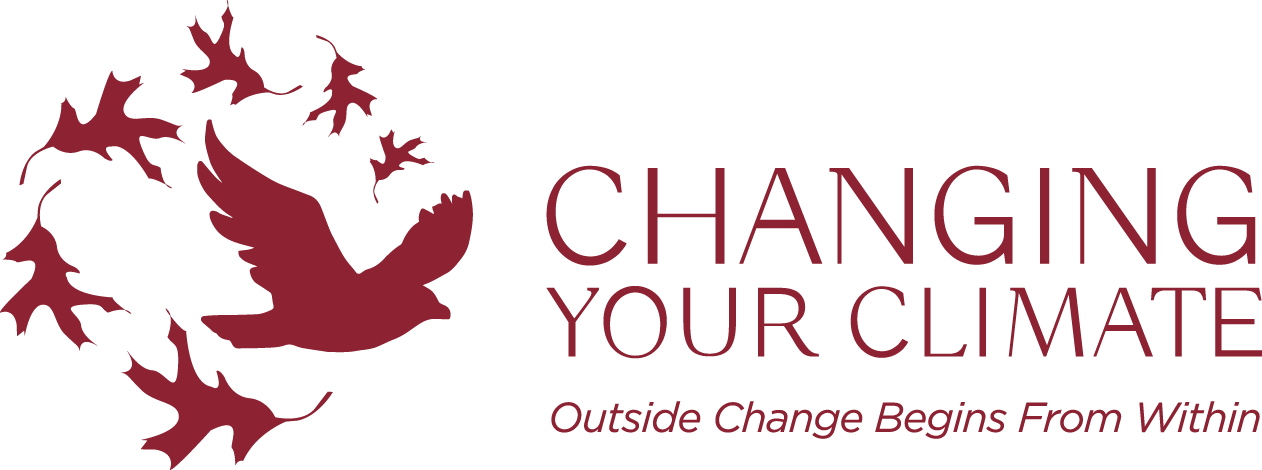For many years, I thought that politicians were lying, corrupt, self-serving puppets of special interest groups, doing everything possible to stay in power. I believed that there was nothing I could do about it, and thus watched from the sidelines, feeling frustrated, overwhelmed and hopeless.
But last Wednesday, I returned to Portland after my 4th annual trip to DC to lobby for a revenue-neutral carbon fee and dividend. After spending the solstice as a citizen lobbyist, meeting with 5 congressional offices from 4 states, collaborating with 800 citizens doing the same in over 500 meetings, I have come to adopt a much different view.
There’s plenty of reason to believe that our system is broken. Big money and corporate power make us seem small in the face of government. However, things are changing, through ongoing conversations, and I know that with patience, gratitude, perseverance, and trust, there is room for each of us in this democracy.
When we remain silent, those with money and less perspective speak in our place, filling up the opinions of our elected representatives. If we fail to participate, and remain insignificant, we'll be living in a state of forests ravaged by beetles and fires, as we’re currently seeing in 4 Western states [‘Central California wildfire wipes out 150 homes, threatens 2,500 more’, June 25].
At our reception on Tuesday evening, an experienced volunteer shared her experience on the Hill. "This is my 3rd year here," she shared from the podium. "First in 2013, again in 2014, but missed last year. And I ask you now, 'What have you done with my Congress?!'"
I smiled upon hearing this, feeling validated for my experience. When I started meeting with Congress in 2013, speaking to staffers and members of Congress about pricing carbon in a way that favors jobs, the economy and the environment, most were resistant. Democrats were defeated and Republicans were doubtful.
The following year, in 2014, more staffer took more notes, including the staunch conservatives. In 2015, we saw more openings, with multiple offices expressing interest in our proposal and beginning to collaborate. And, in 2016, we now have the 1st Bipartisan Climate Solutions Caucus and the Republican Gibson Resolution (H.Res 424) in the House; and the Republican-led Senate Energy and Environment Working Group, and the House Republican Energy, Environment and Innovation Group. Clearly, things are changing.
It takes courage to stand up, to intentionally be outnumbered, especially when history often dictates a bleak future for doing so. But these brave members of Congress, including Carlos Curbelo (R, FL-26), Ted Deutch (D, FL-19), and Chris Gibson (R-NY), deserve accolades for standing up in a partisan world where it's slowly becoming safe enough to speak about climate.
Of the 1000+ people this year at the Citizens’ Climate Lobby National conference, 14 attended from Portland, 17 from Oregon, and 39 from the Greater Pacific Northwest Region.
About half of us from the Greater Pacific Northwest, heading off to meet with Congress for the day!







